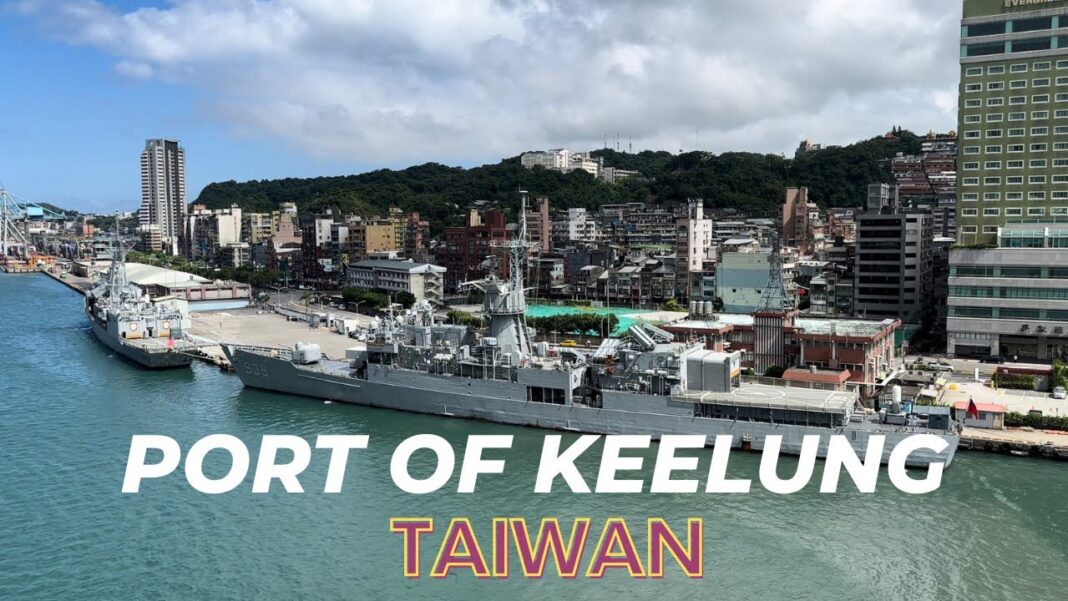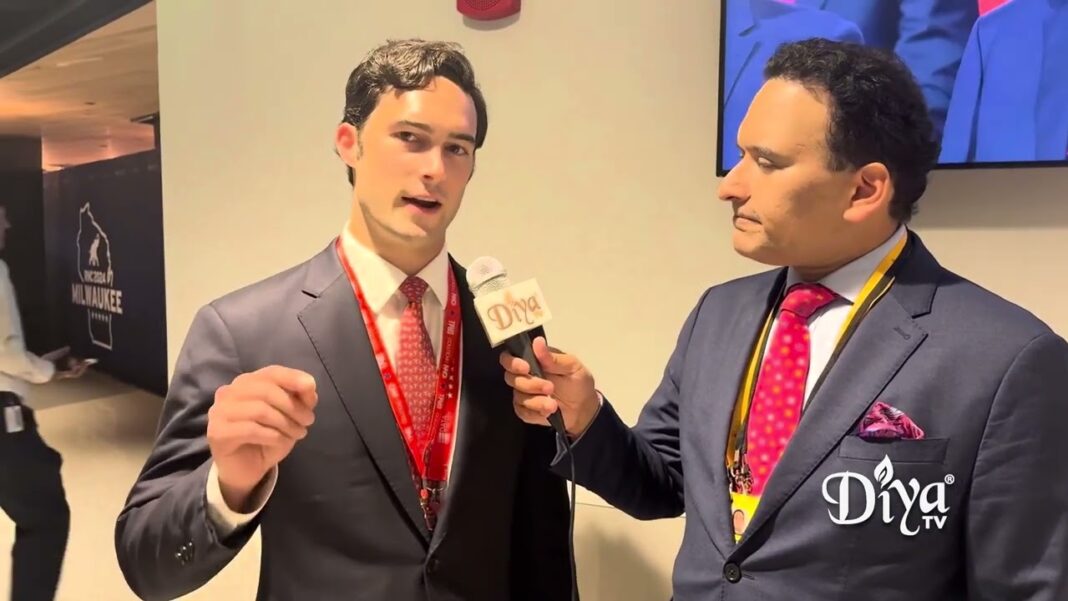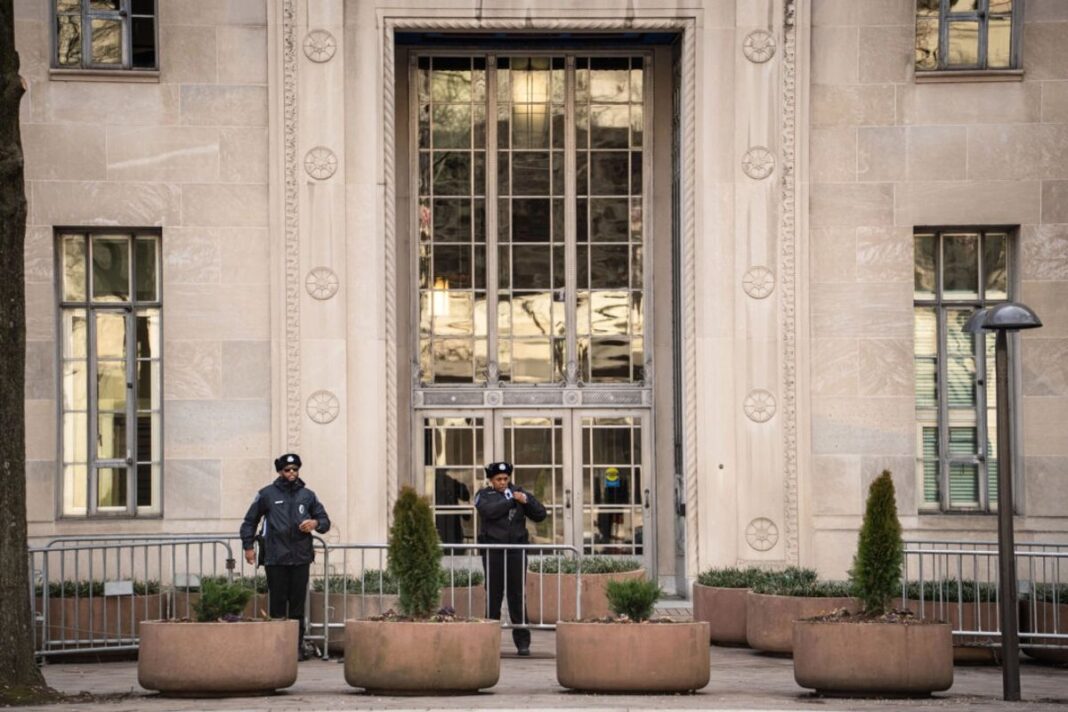
Despite a lack of formal diplomatic ties, the United States is Taiwan’s most critical international supporter and its main source of arms.
Taiwan’s President Lai Ching-te on April 6 said his nation would offer zero tariffs and no retaliation as the start of negotiations with the United States while vowing to remove trade barriers.
Lai said Taiwanese companies will also increase their investments in the United States. The comments were made in response to sweeping import tariffs announced by President Donald Trump on April 2. Taiwan has a trade surplus with America and will see a 32 percent tariff on its imports into the United States.
The new tariffs do not, however, affect semiconductors, one of Taiwan’s largest exports.
While meeting with executives from small and medium-sized companies at his residence, Lai noted that because Taiwan depends on trade, its economy may face difficulties dealing with U.S. tariffs but that their impacts could be minimized.
“Tariff negotiations can start with ‘zero tariffs’ between Taiwan and the United States, with reference to the U.S.-Canada-Mexico free trade agreement,” he said. Trump has said anything that is compliant with the U.S.-Canada-Mexico agreement will not be subject to additional tariffs.
In comments provided by his office, Lai added that he has no plans for tariff retaliation, and there will be no change in Taiwanese business investment commitments to America as long as they are in his nation’s interest.
Taiwan Semiconductor Manufacturing Company (TSMC), the largest contract chipmaker in the world, announced an additional $100 billion investment in the United States last month.
“In the future, in addition to TSMC’s increased investment, other industries, such as electronics, information and communications, petrochemicals, and natural gas, will be able to increase investment in the U.S. and deepen Taiwan-U.S. industrial cooperation,” Lai said.
Lai added that his Cabinet is considering what extensive agricultural, industrial, and energy purchases to make from the United States, as his defense ministry has so far offered its weapons purchase plans.
“All purchases will be actively pursued,” he said.
Additionally, non-tariff barriers are a signal for the United States to evaluate the fairness of trade, and Taiwan will proactively settle non-tariff barriers that have endured for multiple years to smoothen trade negotiations with America, Lai added.
Despite a lack of formal diplomatic ties, the United States is Taiwan’s most critical international supporter and its main source of arms.
By Jacob Burg






